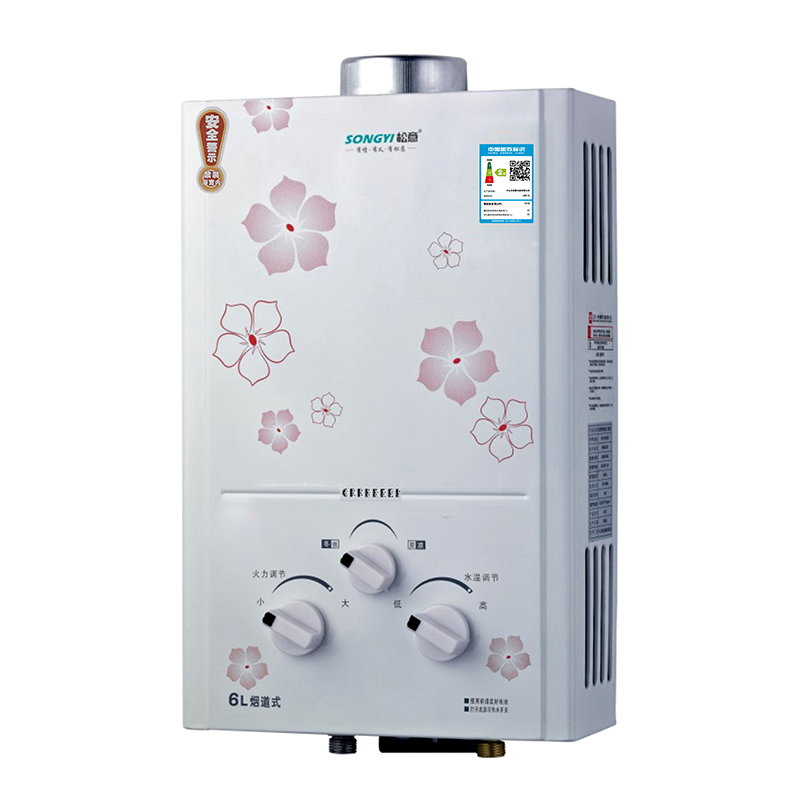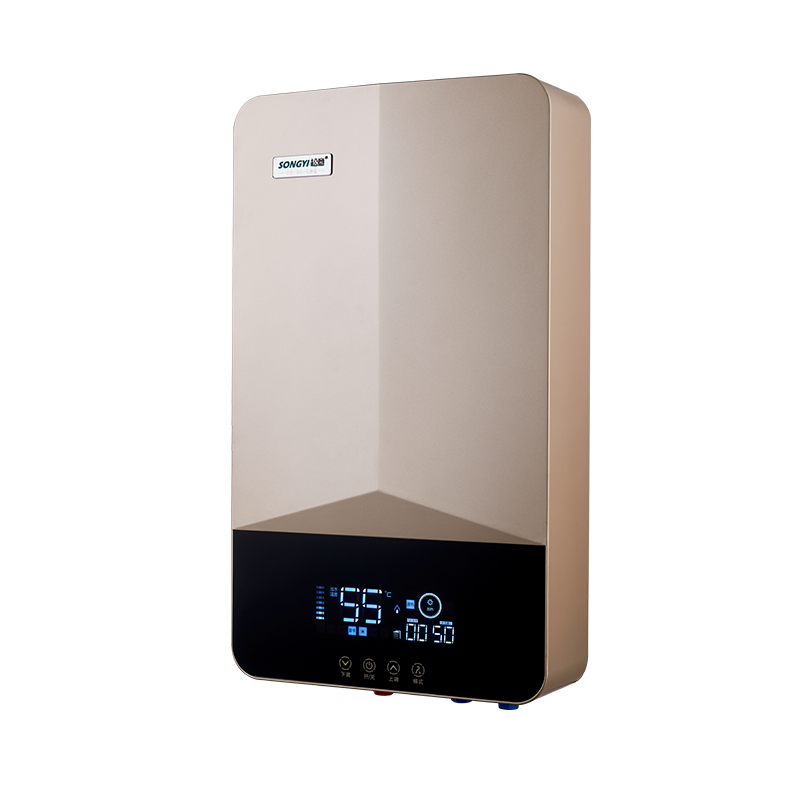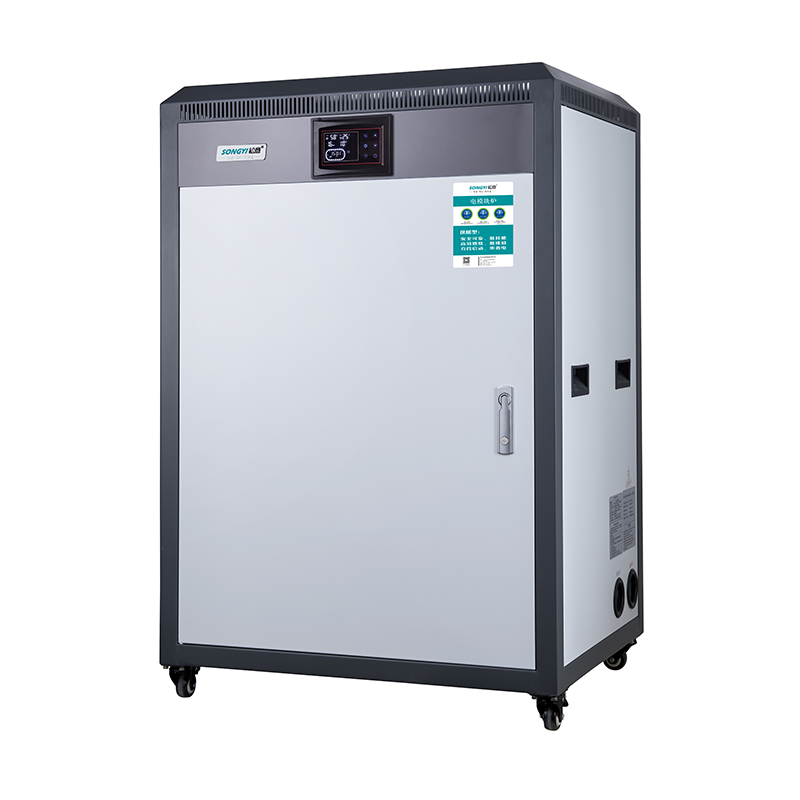A water heater is an essential appliance in any household, and choosing the right one can ensure both convenience and cost savings in the long run. The following key factors will help you select the water heater that best suits your household’s needs.
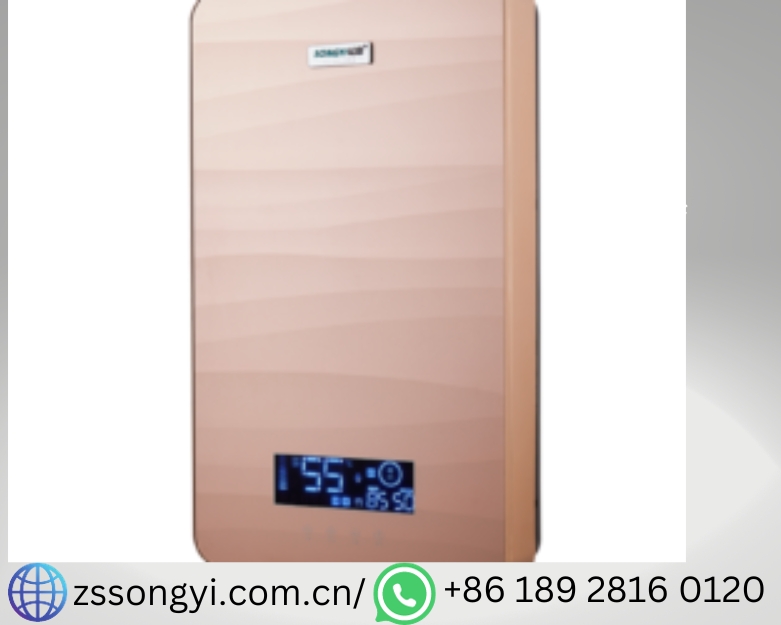
1. The Type of Water Heater
The first step is to choose the type of water heater that fits your household’s needs and installation conditions. The most common types available on the market include:
- Storage Water Heater:
Equipped with a storage tank, this type can supply hot water to multiple points simultaneously, making it suitable for larger households. It offers a steady supply of hot water but may take up more space.
- Tankless Water Heater:
Heats water on demand without the need for a storage tank, making it compact and easy to install, especially in smaller homes or for single-person households. However, it may struggle to supply hot water to multiple points at the same time during peak usage.
- Solar Water Heater:
Utilizes solar energy to heat water, making it an eco-friendly and energy-efficient option, especially in sunny regions. Although it requires a higher initial investment, it can significantly reduce energy costs over time.
2.Capacity and Space
The capacity of the water heater directly affects your experience, so it’s crucial to choose the right size. Generally, it’s recommended to choose:
- 30-40 liters for households with 1-2 people;
- 50-60 liters for households with 3-4 people;
- Larger capacities for households with 5 or more people.
Additionally, consider the available installation space in your home to ensure the chosen water heater can be installed properly.
3. Prioritize Energy Efficiency
Energy efficiency not only impacts energy consumption but also directly influences your long-term operating costs.
Choosing a high-efficiency water heater may come with a higher initial price, but the energy savings will be reflected in lower electricity or gas bills over time. In the long run, high-efficiency products often offer better value for money.
4.The Appropriate Fuel Type
Different types of water heaters use different fuel sources, primarily electricity, gas, or solar energy.
The choice of fuel type should consider your home’s existing energy supply and local energy costs:
- Electric Water Heater:
Easy to install and suitable for areas with stable electricity supply, but operating costs can be higher.
- Gas Water Heater:
Offers lower operating costs and is ideal for homes with gas supply, but good ventilation is essential.
- Solar Water Heater:
Harnesses natural energy, making it ideal for eco-friendly households, but requires sufficient sunlight for optimal performance.
5. Safety and Brand Reputation
Safety should be a top priority when selecting a water heater.
Ensure the unit has essential safety features like overheat protection and anti-leak protection, and that it complies with national safety standards. Additionally, choosing a reputable brand with strong customer service ensures you’ll receive timely support in case of any issues during use.
6. A Realistic Budget
When choosing a water heater, your budget should account for not only the purchase price but also the long-term energy consumption and maintenance costs.
High-quality water heaters typically have longer lifespans and higher energy efficiency. Though they may require a larger initial investment, they offer greater cost-effectiveness in the long run.
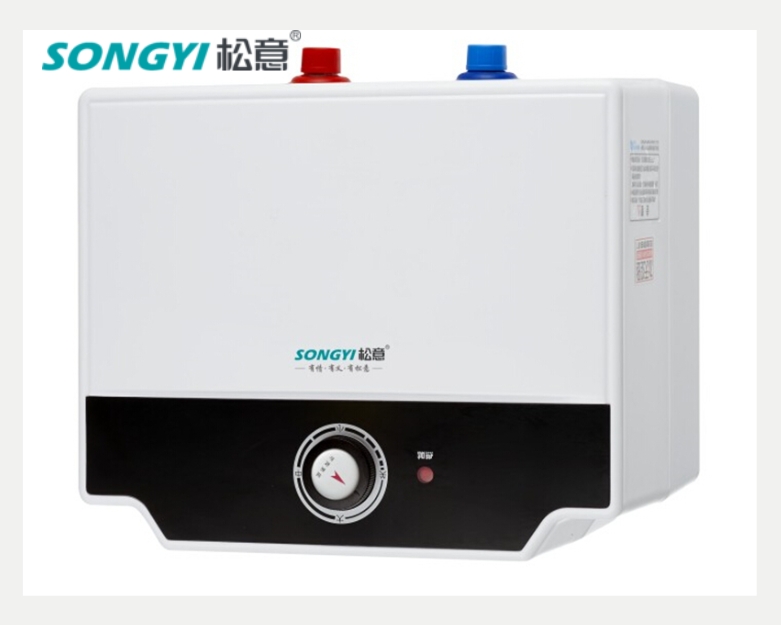
Selecting the right water heater involves considering various factors such as type, capacity, energy efficiency, fuel type, safety, and budget. With careful planning and selection, you can ensure reliable and comfortable hot water supply for your household while achieving energy savings and environmental benefits. We hope this guide helps you make an informed decision that enhances your home life.

